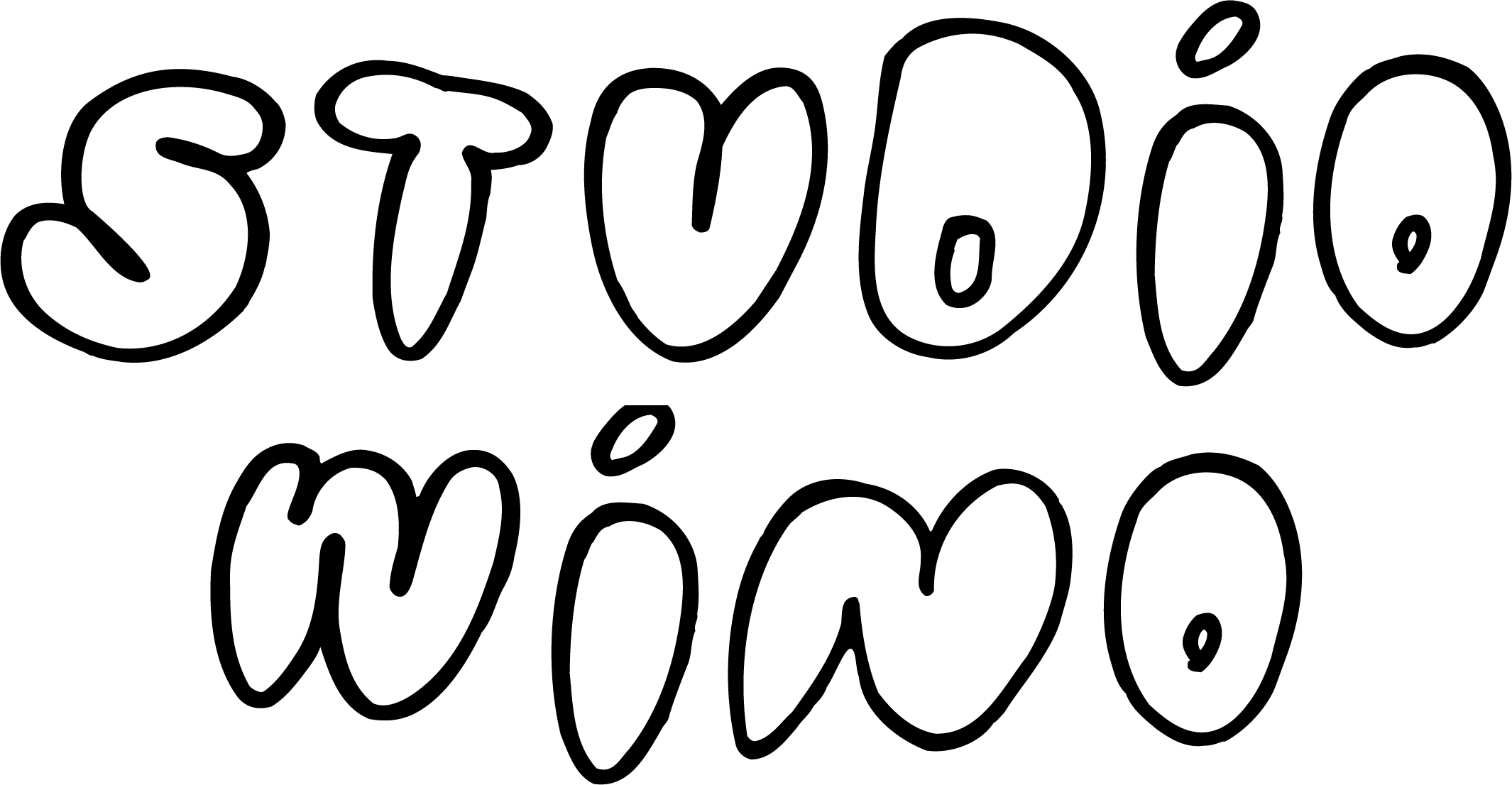
Glow Glow
Nahe, Germany
Glow Glow was founded in 2019 by Pauline and Carl Baumberger when they returned to their Family Winery Baumberg. The wanted to craft their own Project and focuses on natural wines, starting with two half-barrels of Riesling and Muscateller.
Their goal is to represent their home region, the Nahe, with delicate, elegant, and pure wines. They experiment with processing methods like Carbonic Maceration and Cold Maceration. Now in their fourth vintage, their wines are becoming more refined and serious. The 2022 vintage introduces eight wines: White, Red, Riesling, Muscateller, Spätburgunder, Fizzy, Pink Fizzy, and Cider. These wines are light, fruity, and perfect for any occasion. They are made with low alcohol, crisp acidity, and vibrant aromatics. Glow Glow Winery embraces natural winemaking practices and offers unfiltered wines. Enjoy the vibrant and youthful wines of Glow Glow Winery!
In the wake of the natural wine boom of the last few years, an interesting trend has emerged: A wave of young winemakers, who had ventured out into the world for work, travel or studies, have returned to their family vineyards with a newfound enthusiasm for wine and the goal of becoming part of their family’s vinicultural legacy. While spending time in other countries or local big cities, these new generation winemakers were introduced to something new to them: Natural wines from around the planet. To many scions of winemaking families, being exposed to this «new» type of wine opened a whole new world, one with beautiful labels, surprising and delicious taste profiles that is surrounded by a young, fun and dynamic culture. If they’d stayed behind, they would have learned about winemaking from their parents and maybe their peers, but most likely not gotten to know the diverse universe of natural wine. On top of that, in these natural wine bars and fairs they were not surrounded only by other winemakers and farmers, but by the end consumer, thus getting to know a completely different aspect of the wine industry. For many, this ended up sparking a new interest in joining the family trade. Consequently, many returned home with the intention to integrate low or no intervention practices into their family's winemaking traditions. Predictably, this shift occasionally stirred up familial tensions – a reality anyone who has worked alongside relatives can appreciate. Yet, at times, this transition also gives rise to moments of true brilliance. This is precisely the scenario we explore today.


